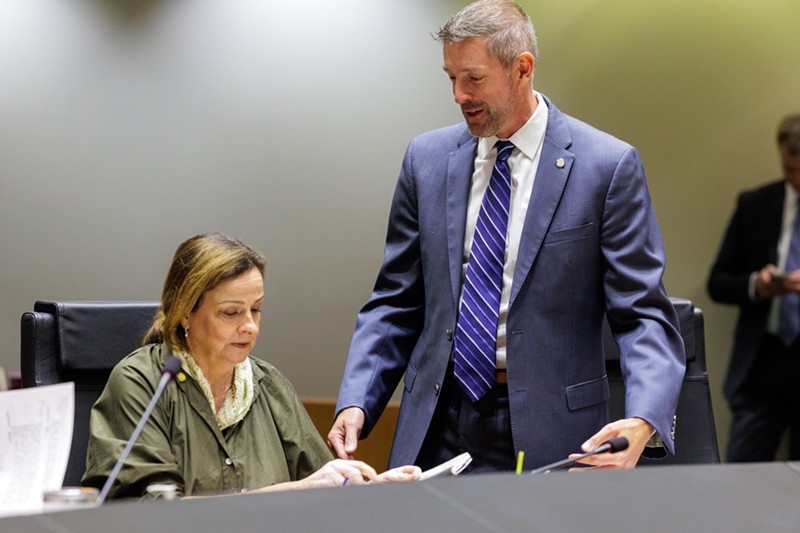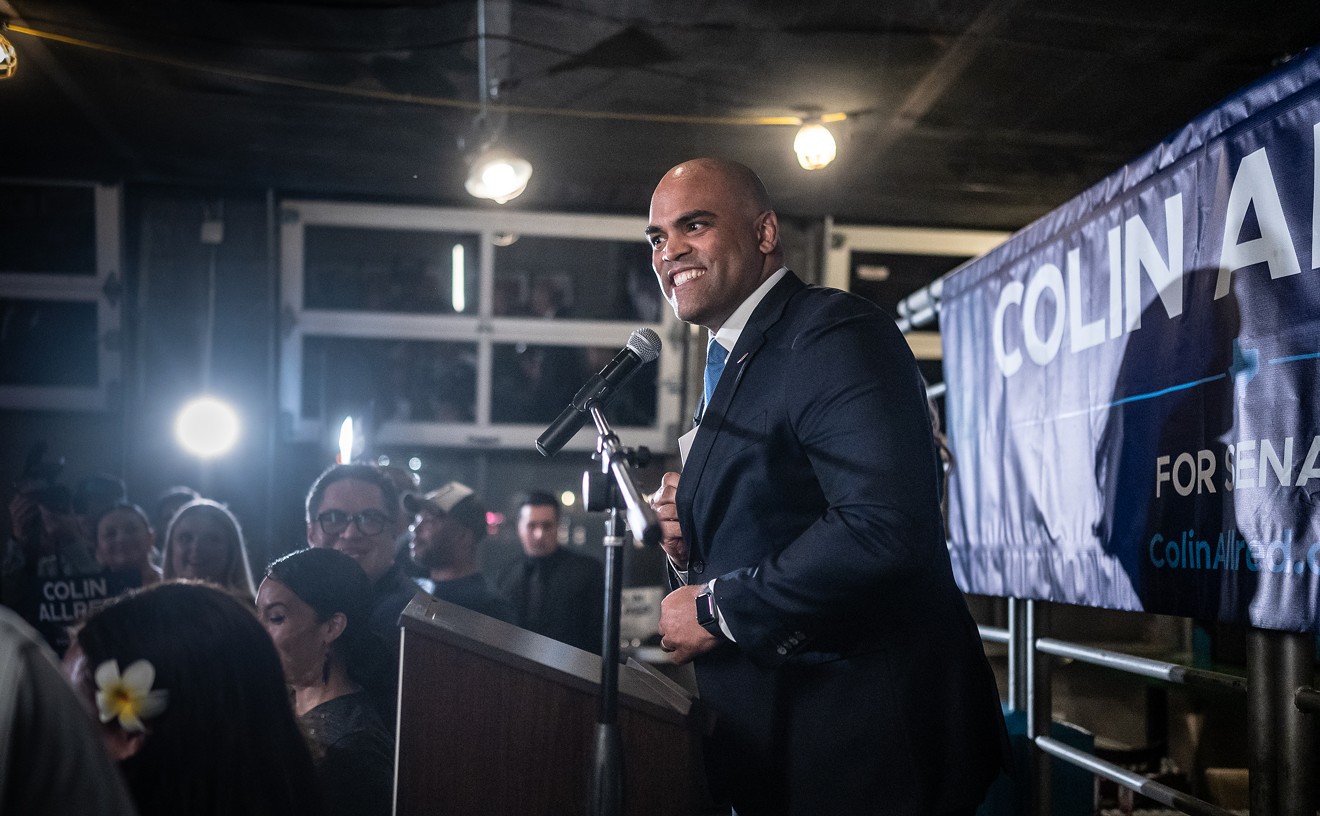Dallas City Council member Chad West is leading the charge. He said the memo is meant to open up discussions about what reform of minimum lot size could mean in the city. He also wants to know what it would look like to allow multi-unit homes to be built on vacant lots in single-family neighborhoods. Additionally, the memo asks city staff to look into waiving site plan requirements for duplexes, triplexes and fourplexes.
All of this could allow Dallas to build more housing units and have an impact on affordability in the city. “That’s a basic tenet of supply and demand, right? You increase supply, then the prices go down,” West said. “If we provide additional supply in the city, we should be able to slow down the rapid rise of housing costs and maybe even lower it a bit for folks.”
Allowing housing like duplexes on single-family residential lots could drastically increase Dallas’ housing stock, he said. “If we allow just duplexes by right on lots ... you are immediately doubling your capacity in the city for construction,” he said. “And then if you go to three and fourplexes, it goes up from there.” He said building these types of properties can also help avoid bigger multifamily developments that single-family neighborhoods really don’t like.
The city lacks tens of thousands of housing units for lower-income people. West said this problem is only going to get worse if the city doesn’t do something about it, such as enabling additional housing units to be built so people like teachers, firefighters, police officers and servers have a place to live in Dallas, he said. Reducing minimum lot sizes could help make this happen.
West wanted to file the memo now in part because the state legislature is already looking at reform of minimum lot size rules. State Sen. Paul Bettencourt, a Houston Republican, filed a bill in the last regular legislative session that would have reduced minimum lot sizes to 1,400 square feet. Minimum lot sizes in Dallas range between 5,000 square feet and 7,500 square feet, according to Candy’s Dirt, a real estate news website. West wants to see minimum lot sizes in Dallas reduced to 1,500 square feet, which is the minimum lot size in Houston. Austin recently reduced minimum lot sizes to 2,500 square feet.
There is some bipartisan interest in reducing lot sizes, West said. “The left is interested from the affordable housing, workforce point of view,” West explained. “The far right is interested from a property rights ‘do what you want with your property’ point of view.” So, West guesses an effort to reduce minimum lot sizes across Texas is something that could eventually make it through the state legislature. He wants Dallas to be ahead of the curve.“If we provide additional supply in the city, we should be able to slow down the rapid rise of housing costs and maybe even lower it a bit for folks.” – Dallas City Council member Chad West
tweet this
“If we want to actually try to take control of this situation," West said, "we need to do that now and not wait for the state to tell us what they think we should do.”
There’s already a lot of vacant land in Dallas that could be used for multi-unit residential structures. “Why not allow gentle density in this form to exist in neighborhoods where we’ve got those vacant lots?” he said.
Some people have concerns about reducing lot sizes and allowing more density in the city. “One of the fears I’ve heard is that this is going to destroy single-family neighborhoods,” he said. “But I haven’t seen that in my own district.” He said Winnetka Heights, a historic neighborhood in the city that’s been around since the 1900s, has per capita more duplexes, triplexes, fourplexes and even six- and eightplexes than anywhere else in Oak Cliff, possibly in the city. “These properties blend into the neighborhood in a way that seems natural,” he said. “So, the properties can be built in a way that doesn’t destroy the character, but really fit in and blend in in a way that neighbors can live with and even respect.”
Another concern people have, West said, is that single-family homes will be demolished to make way for something like a duplex or triplex. “For several reasons, that’s not realistic,” he said, noting the market costs of construction don’t support this. However, he’s also asked city staff to look into a policy that would discourage demolition of existing single-family homes to make way for more higher-density buildings.
One idea is to make people wait one year to build after they’ve pulled a demolition permit if they plan to build anything other than a single-family home on the lot. “I think that would be going to the extreme, but it is something that we could consider if that’s the only way we could get people to feel comfortable with it,” West said.
While all the details are still up in the air, West said city staff have told him that they could be ready to brief the full council on this matter by early December.












